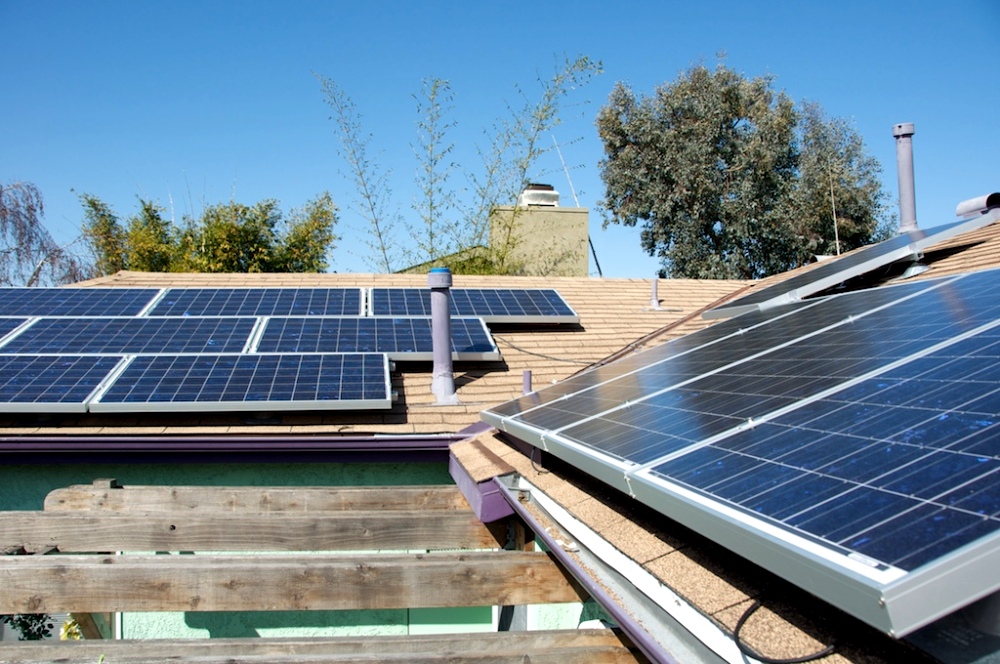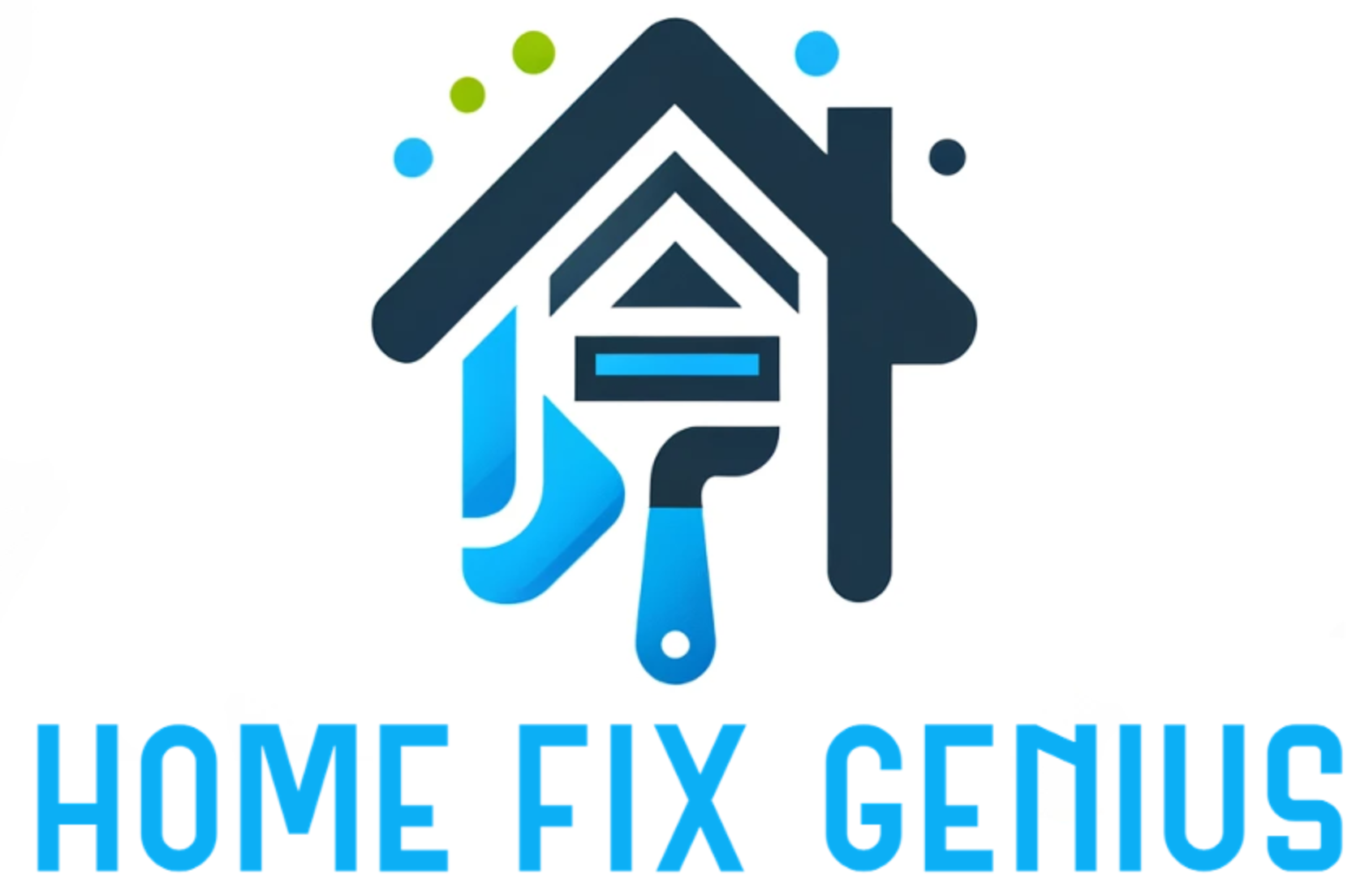
In the pursuit of sustainable living, solar-powered heaters emerge as a beacon of eco-friendliness and efficiency. These systems harness the abundant energy of the sun, providing warmth and comfort while significantly reducing environmental impact. By leveraging cutting-edge photovoltaic technology, solar-powered heating systems offer a renewable alternative to conventional heating methods.
Understanding Solar-Powered Heating Systems
At the core of solar-powered heating systems lies the ingenious utilization of photovoltaic technology. Photovoltaic panels, composed of semiconductor materials, absorb sunlight and convert it into electricity through the photovoltaic effect. This electricity is then transformed into heat energy, which can be utilized for various heating applications. From heating water for domestic use to warming indoor spaces and powering electrical appliances, solar-powered heating systems offer versatile solutions for diverse needs.
How Solar-Powered Heating Systems Work
Solar-powered heaters operate through a simple yet sophisticated process. Photovoltaic panels capture sunlight and generate direct current (DC) electricity. This electricity powers a heating element, such as a heat pump or resistance heater, which warms a heat transfer fluid such as water or air. The heated fluid is then circulated through a system of pipes or ducts, providing warmth to residential, commercial, or industrial spaces. Additionally, energy storage systems can store excess heat for use during periods of low sunlight or high demand.
Advantages of Solar-Powered Heating Systems
The benefits of solar-powered heating systems are multifaceted. Firstly, they offer significant cost savings by utilizing free solar energy, reducing dependence on conventional heating fuels and lowering energy bills. Moreover, solar-powered heating systems reduce greenhouse gas emissions and mitigate environmental degradation associated with fossil fuel consumption. By promoting energy independence and resilience, these systems empower individuals and communities to take control of their energy future.
Types of Solar-Powered Heating Systems
Solar-powered heating solutions come in various forms, each tailored to specific heating needs and applications. Solar water heaters, for instance, are ideal for residential water heating, providing an energy-efficient alternative to traditional water heaters. Solar air heaters, on the other hand, can be used for space heating in homes, offices, and commercial buildings. Additionally, solar pool heaters extend the swimming season by efficiently warming pool water, reducing the need for gas or electric heating.
Installation and Maintenance
Proper installation and maintenance are essential for the optimal performance and longevity of solar-powered heating systems. During installation, factors such as sunlight exposure, roof orientation, and shading must be considered to maximize energy capture. Professional installation by certified technicians ensures that the system is correctly sized and configured to meet the user’s heating needs. Regular maintenance, including cleaning of photovoltaic panels and inspection of components, helps identify and address any issues promptly, ensuring the system operates efficiently over its lifespan.
Factors to Consider Before Installing Solar-Powered Heating Systems
Before investing in a solar-powered heating system, several factors should be evaluated to determine its suitability and feasibility. Sunlight availability is a crucial consideration, as the system’s performance depends on the amount of sunlight it receives. Additionally, the property’s location, roof structure, and local regulations may impact the installation process. Evaluating energy requirements, budget constraints, and available incentives can help determine the optimal system size and type for the user’s needs.
Cost Analysis
While the initial investment in solar-powered heating systems may be higher than traditional heating systems, the long-term savings and environmental benefits outweigh the upfront costs. Reduced energy bills, potential government incentives, and increased property value contribute to the financial viability of these systems. Moreover, by reducing dependence on fossil fuels and mitigating climate change, solar-powered heating systems offer substantial societal and environmental benefits.
Applications of Solar-Powered Heating Systems
Solar-powered heating systems find versatile applications across residential, commercial, and industrial sectors. In residential settings, these systems can provide hot water for bathing, cooking, and space heating, reducing reliance on gas or electric water heaters. In commercial and industrial applications, solar-powered heating systems can be integrated into HVAC systems, process heating systems, and swimming pool heating systems, reducing energy costs and carbon emissions.
Environmental Impact
By harnessing renewable solar energy, solar-powered heating systems play a crucial role in mitigating climate change and preserving the environment. By reducing reliance on finite fossil fuels, these systems help reduce greenhouse gas emissions and alleviate air and water pollution associated with conventional heating methods. Additionally, by promoting energy independence and resilience, solar-powered heating systems contribute to a more sustainable and secure energy future for generations to come.
Conclusion
In conclusion, solar-powered heating systems offer a sustainable, efficient, and cost-effective solution to meet heating needs while reducing environmental impact. By harnessing the inexhaustible power of the sun, these systems provide warmth, comfort, and energy independence for individuals, communities, and businesses alike. Embracing solar-powered heating solutions is not just a choice; it’s a commitment to a greener, cleaner, and brighter future for all.

FAQs
How efficient are solar-powered heating systems?
Modern solar-powered heating systems boast high efficiency rates, effectively converting solar energy into usable heat for various applications. However, efficiency may vary depending on factors such as sunlight availability, system design, and maintenance.
What is the lifespan of solar-powered heating systems?
With proper installation and maintenance, solar-powered heating systems can last for several decades, providing reliable warmth and sustainability. Regular maintenance, including cleaning of photovoltaic panels and inspection of components, helps ensure optimal performance and longevity.
Do solar-powered heating systems work in all climates?
While solar-powered heating systems perform optimally in sunny climates with ample sunlight exposure, they can still provide significant benefits in regions with varying sunlight levels. Backup heating systems or energy storage solutions can help mitigate the impact of low sunlight conditions or high heating demand.
Can solar-powered heating systems operate during cloudy days?
Yes, solar-powered heating systems can still generate heat during cloudy days, although their efficiency may be reduced compared to sunny days. Energy storage systems or backup heating sources can help supplement heat production during periods of low sunlight.
Are there incentives available for installing solar-powered heating systems?
Many governments offer incentives such as tax credits, rebates, and grants to promote the adoption of renewable energy technologies, including solar-powered heating systems. These incentives can help offset the upfront costs of installation and make solar-powered heating systems more accessible and affordable for homeowners and businesses alike.
